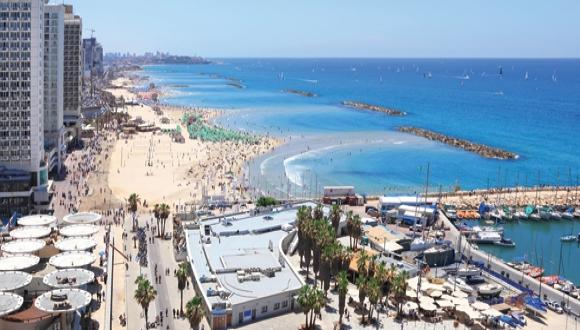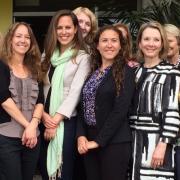KPMG Ranks Tel Aviv as one of the World's "Magnet Cities"
KPMG ranks Tel Aviv as one of nine cities that undertook bold experiments and risks to reinvent itself
Cities are like magnets. Just as magnets can either attract or repel, so can cities. A city with a strong magnetic-pull draws in new residents, visitors and business investment for the benefit of all.
So what can be done to help second-tier cities reinvent themselves and improve their offer? How can they increase their magnetic pull? And is it possible to transform a negative magnet city into a positive one?
To answer these questions, KPMG explored nine developed cities around the world that have successfully flipped their magnetic orientation. These cities once repelled people and were stuck in a seemingly problematic cycle of decline, they undertook bold experiments and huge risks to reinvent themselves. Today, they are fast-growing cities with economic growth that in many instances outstrips the national average.
Tel Aviv was ranked as one of these nine.
Tel Aviv was struggling in the early 2000's. Its population was dwindling, buildings were falling into disrepair, smog chocked the city, and trash bins littered public sidewalks. In 2004, Tel Aviv Mayor Ron Huldai oversaw the development of a city master plan. This outlined a strategic framework for the development of Tel Aviv as a city. Interestingly, given the start-up revolution of the last few years, the Tel Aviv City Plan focused almost entirely on improving the quality of life for its residents.
Today Tel Aviv is considered one of the most dynamic cities int he world. The city is not just nurturing a home-grown generation of gifted high-tech entrepreneurs. It’s attracting smart mavericks from all over the world; people with a mind-set of ‘nothing is impossible’.
This is the story of how a city in chaos transformed itself into a global capital for the new economic pioneers. Much of this is down to the way the city itself was replanned and restructured and how it used Israel’s unique assets to become highly competitive.





